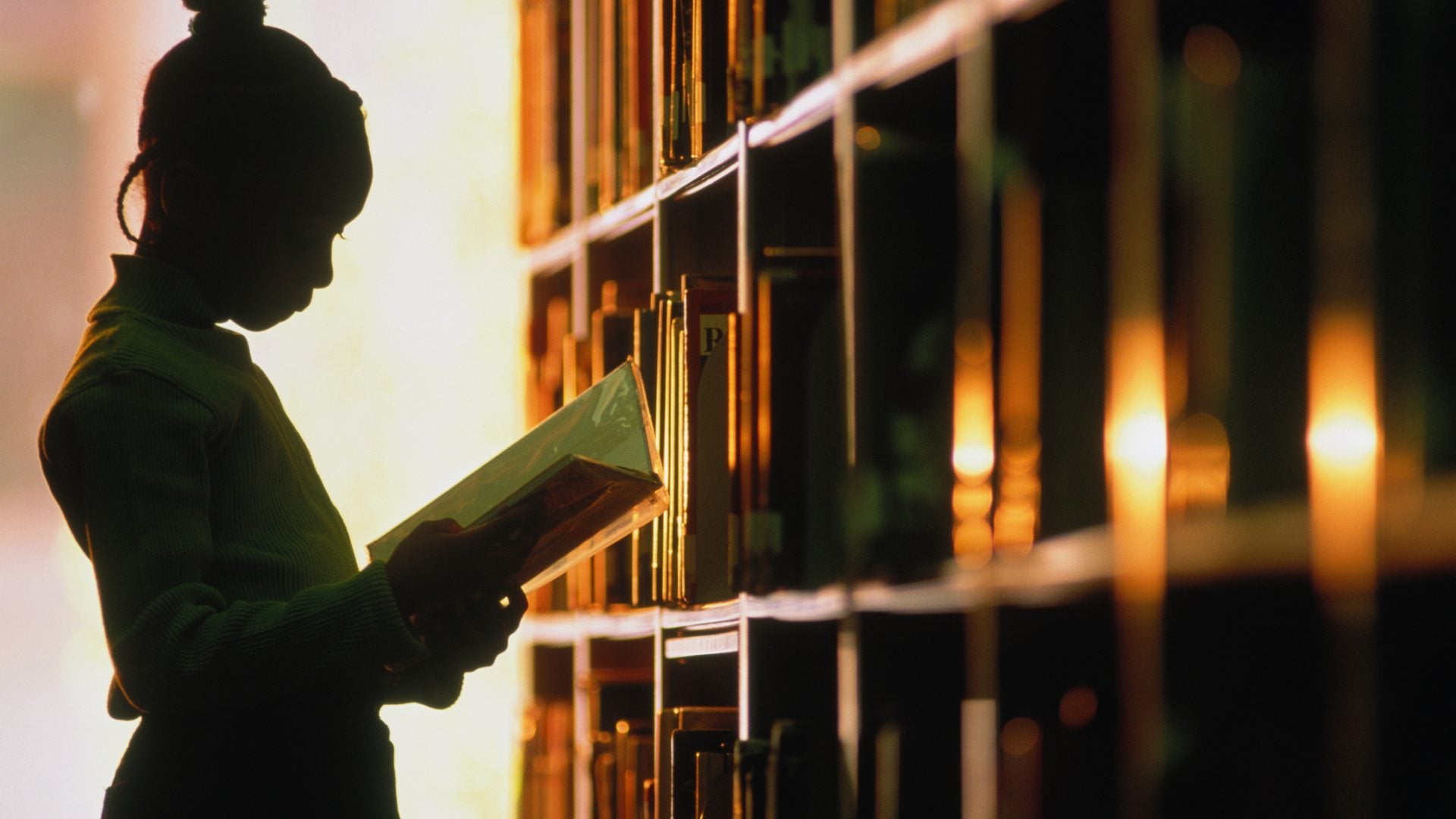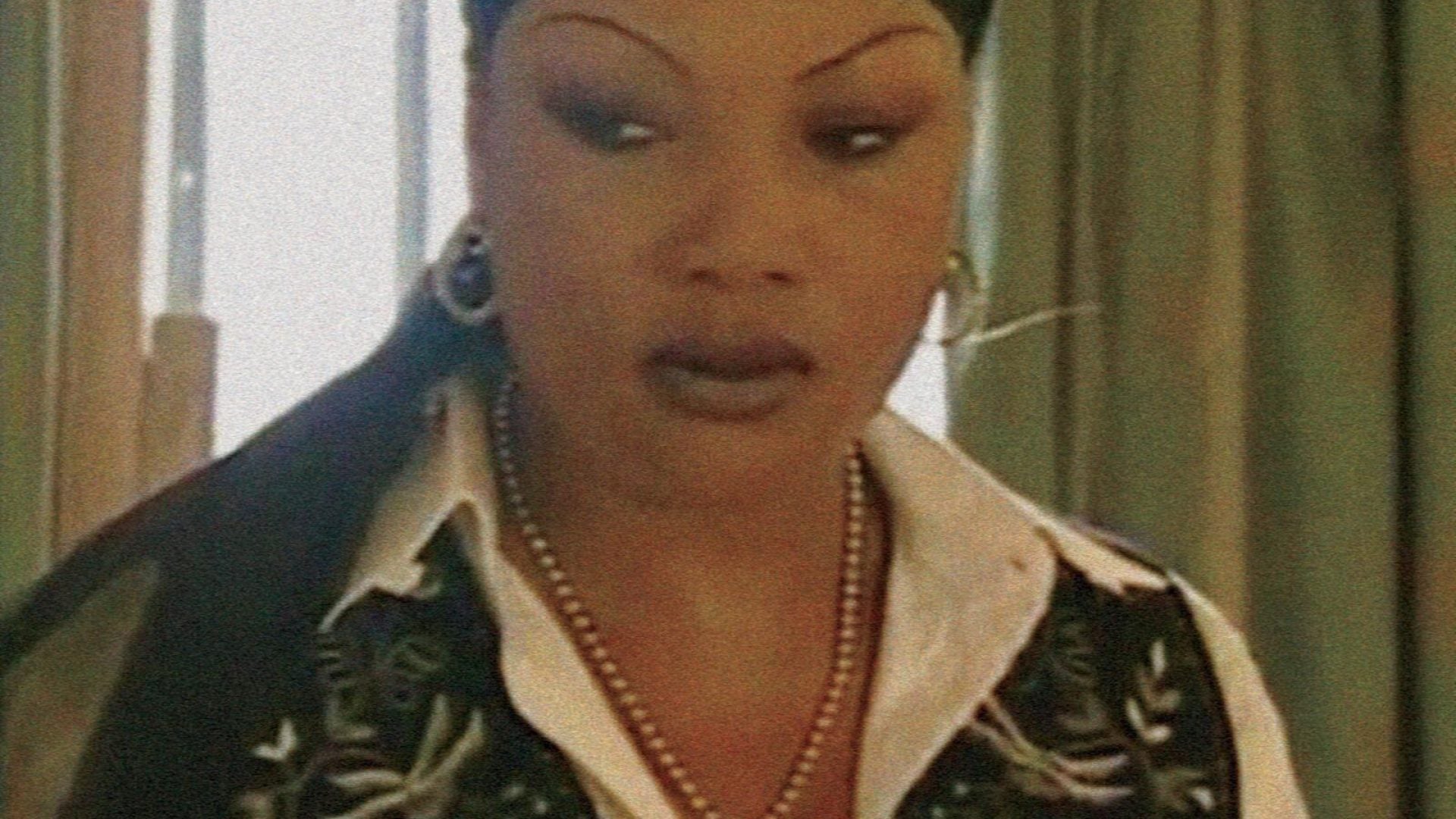
New York City’s Brooklyn Public Library is fighting back against book censorship by making it easier for teens to access thousands of books.
The library recently launched its “Books Unbanned” program to combat the growing number of books banned from many US schools and public libraries. The initiative provides free Brooklyn Library cards to students across the country whose school districts have imposed book bans, allowing them to download electronic versions of books they otherwise would not be able to access.
According to CNN, since the program began in April, readers between 13 and 21 years old in every state have applied for electronic cards. An estimated 18,000 e-books or audiobooks have been checked out every month.
“On one side, it’s great that we were able to step in and support people in their time of need with access to robust library collections, but it’s also really telling that there are significant censorship efforts going on across the country that a lot of us need to band together to push back on,” Chief Librarian, Nick Higgins told CNN.
An analysis by literary advocacy organization PEN America found that two million students across 86 school districts have been restricted access to books. The ongoing book bans have meant that 1,145 book titles were pulled from the shelves, many centered on race and gender. The American Library Association published similar findings, highlighting that books which tell the stories of Black and LGBTQ people were among the most challenged in 2021.
Among the banned books are often titles by Black authors, including Nikole Hannah-Jones’ “The 1619 Project”, George M. Johnson’s “All Boys aren’t Blue,” and Toni Morrison’s classic “The Bluest Eye.”
However, the “Books Unbanned” initiative now provides access to “a selection of frequently challenged books” with no holds or wait times for cardholders. Cardholders have access to the library’s archive of 350,000 e-books, 200,000 audiobooks and over 100 databases.
The Brooklyn Public Library intends to continue offering the program indefinitely due to the initiative’s success. Young people will continue to receive a free electronic library card for one year with the option to renew it.





